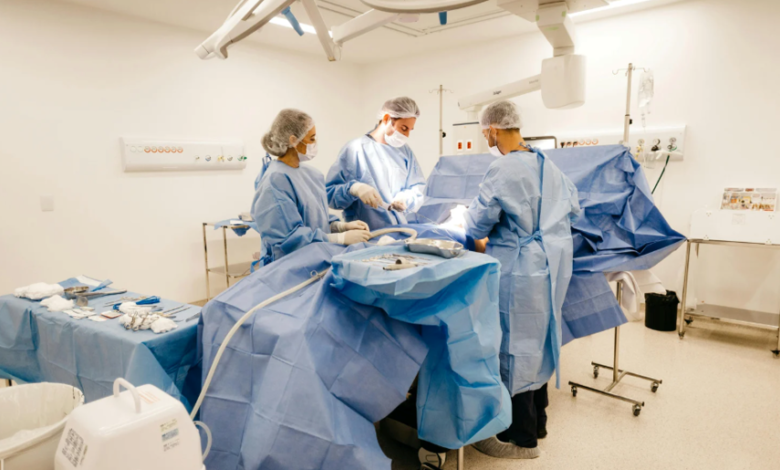Sleeve Gastrectomy vs. Lifestyle and Medications

When it comes to sustainable weight loss and chronic disease management, many patients face a critical decision: pursue lifestyle modifications with medications or opt for surgical intervention. For those struggling with severe obesity and its related health complications, understanding the comparative benefits of sleeve gastrectomy versus non-surgical approaches is essential to making an informed decision.
For individuals considering surgery for a gastric sleeve in Baltimore, it’s important to weigh the long-term effectiveness of surgery against the incremental benefits of lifestyle and pharmaceutical interventions.
Medical Outcomes: Comparing Results
Lifestyle changes and medications can yield moderate results for those in the early stages of obesity or those with strong self-discipline and ongoing clinical support. Improvements in diet, consistent physical activity, and prescription medications such as GLP-1 receptor agonists can reduce weight and improve metabolic health, but often fall short for patients with a BMI above 40 or those with comorbidities like type 2 diabetes or sleep apnea.
In contrast, sleeve gastrectomy physically reduces the size of the stomach by approximately 75 percent, decreasing hunger hormones and calorie intake. This leads to more substantial and sustained weight loss, especially for patients who have exhausted non-surgical methods. Notably, several medical conditions improve significantly after a sleeve gastrectomy, including hypertension, type 2 diabetes, and high cholesterol, making it a compelling option for those with multiple risk factors.
Long-Term Compliance and Sustainability
One of the major challenges with non-surgical management is long-term adherence. Lifestyle and medication-based plans require continuous effort, routine monitoring, and often experience plateaus in progress. Relapses are common, especially when emotional or environmental stressors disrupt consistency.
Surgical intervention, while more invasive, offers structural support that cannot be undone by willpower lapses. Once the procedure is completed, patients experience early satiety and hormonal changes that reinforce reduced food intake. This anatomical reset helps patients maintain their progress long after the procedure.
See also: Smile Brighter Healthier The Benefits of Cosmetic Dentistry for Oral Health
Risks, Side Effects, and Recovery
Medication use can come with side effects such as nausea, constipation, or cardiovascular risks. Similarly, lifestyle programs may fail to produce significant change in high-risk patients, leading to delayed treatment and worsened conditions.
Sleeve gastrectomy carries surgical risks, including bleeding, infection, or nutritional deficiencies, but these are generally low with proper preoperative screening and post-surgical care. Understanding how sleeve gastrectomy works also provides reassurance around its safety profile, particularly with minimally invasive techniques now widely adopted.
Recovery time is relatively short, with most patients returning to light activity within two weeks. Follow-up care, including dietary counseling and vitamin supplementation, is critical for long-term health and weight maintenance.
Ideal Candidates and Decision-Making
Patients who benefit most from surgery are typically those with a BMI of 35 or higher with obesity-related conditions or a BMI over 40, regardless of additional diagnoses. Those who have tried and failed non-surgical routes may also be strong candidates.
Conversely, individuals with mild obesity or those hesitant about surgery may initially pursue medication and lifestyle changes under medical supervision. However, the decision should be re-evaluated regularly if results plateau or health markers decline.
Conclusion
Both sleeve gastrectomy and non-surgical methods have a role in obesity management, but the effectiveness of each depends on individual circumstances. For many, surgery offers a more powerful, lasting solution where medications and lifestyle changes have failed. With professional guidance, patients can choose a path that aligns with their health goals and long-term success.





